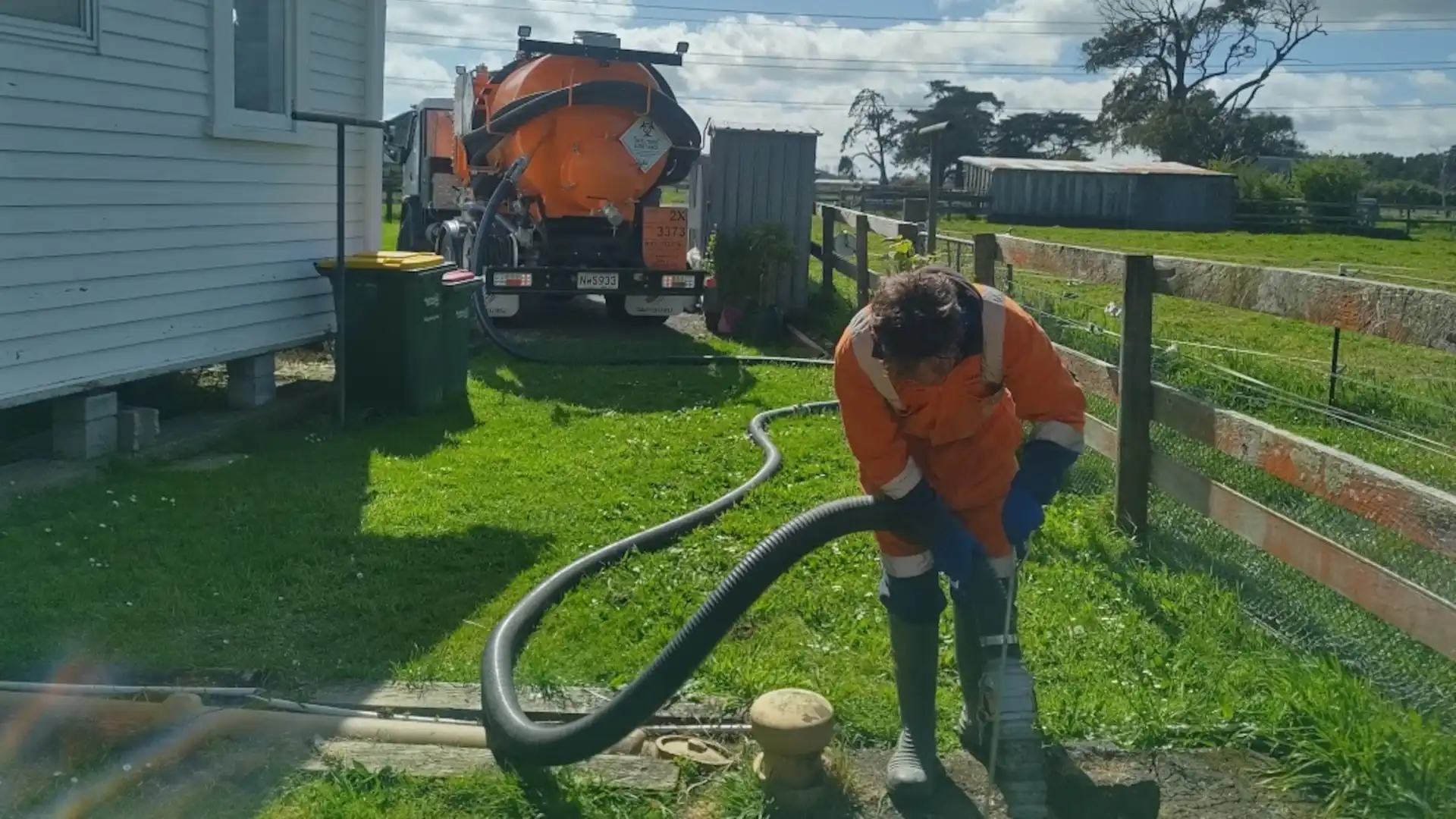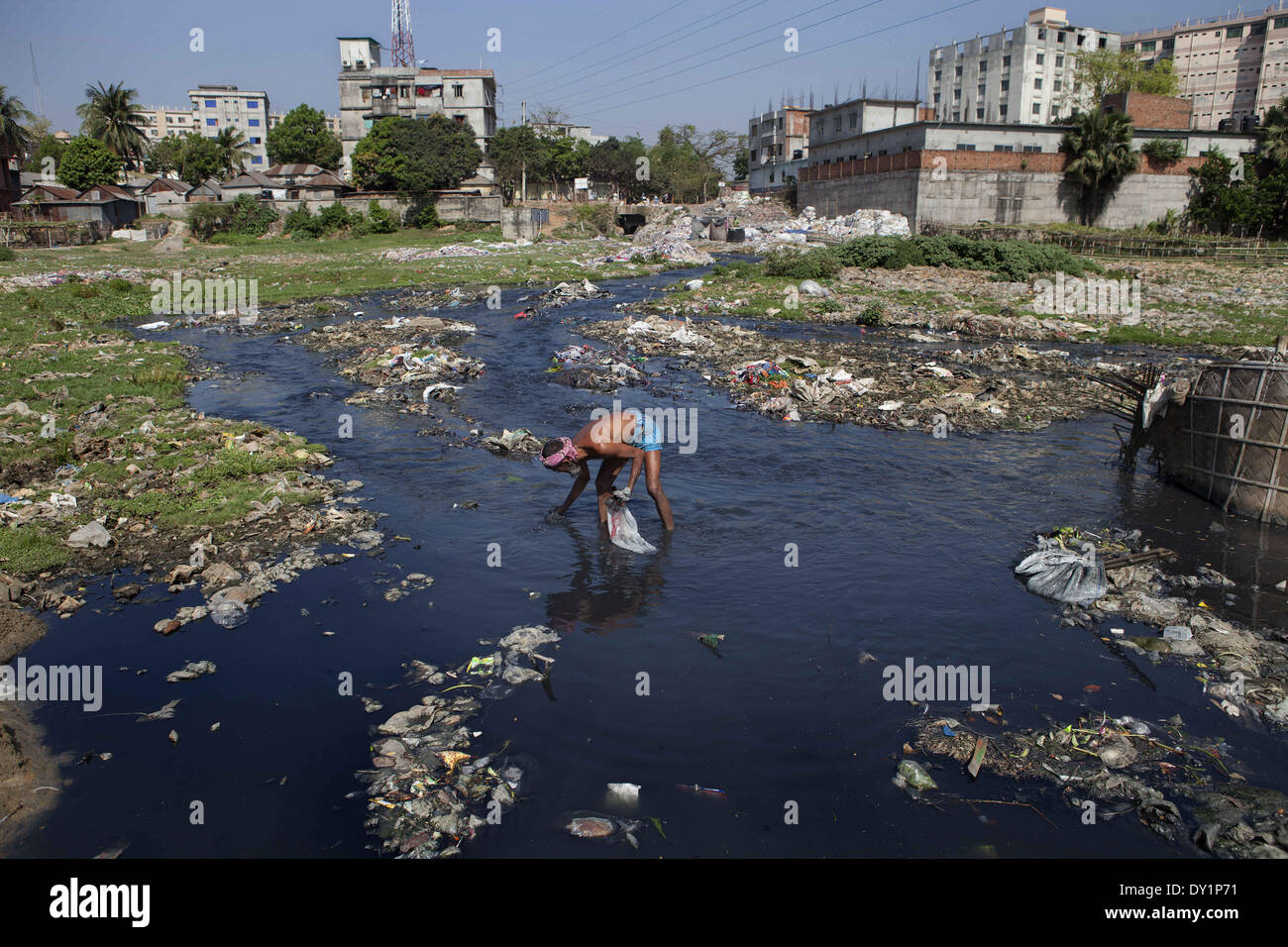The Importance of Fluid Garbage Disposal in Keeping Public Wellness and Environmental Safety
The value of liquid garbage disposal expands far past mere compliance with laws; it is a crucial consider protecting public health and wellness and ensuring environmental honesty. Inappropriate management of fluid waste postures severe threats, consisting of the contamination of water supplies and the expansion of conditions, disproportionately affecting prone teams. This raises vital concerns concerning existing practices and the efficiency of existing guidelines. As we discover the multifaceted implications of liquid waste disposal, it ends up being noticeable that a comprehensive understanding is required to attend to these pushing problems. What remedies can be implemented to mitigate these risks?
Health Risks of Improper Disposal
Inappropriate disposal of fluid waste presents considerable health and wellness risks that can affect both neighborhoods and individuals. When fluid waste is not taken care of properly, it can contaminate drinking water products, causing a myriad of health and wellness issues. liquid waste disposal melbourne. Virus existing in neglected waste can cause transmittable illness, while chemicals may cause long-lasting health difficulties, consisting of cancer and neurological problems
In largely populated locations, the danger amplifies as inappropriate disposal can result in outbreaks of waterborne ailments such as cholera and dysentery. Vulnerable populations, consisting of youngsters, the elderly, and those with pre-existing health problems, are especially at risk to these negative effects. In addition, exposure to unsafe compounds in fluid waste can interrupt endocrine features and impair reproductive wellness.
It is critical for public health authorities to execute strict guidelines and advertise understanding campaigns regarding appropriate fluid waste disposal methods. By doing so, we can alleviate these wellness threats and guard the health of people and the more comprehensive area.
Ecological Influence of Fluid Waste
Fluid garbage disposal dramatically influences the setting, with results that can be both durable and prompt. When fluid waste is incorrectly handled, it can result in severe contamination of soil, waterways, and air. Toxic materials usually existing in fluid waste, such as heavy metals, chemicals, and natural solvents, can leach into the ground, posing threats to ecosystems and human wellness.
The prompt impacts of liquid garbage disposal consist of eutrophication, where nutrient-rich waste promotes excessive algae development in water bodies. This procedure depletes oxygen degrees, bring about the death of aquatic life and disturbance of regional biodiversity. Additionally, the leaching of dangerous chemicals right into groundwater can jeopardize drinking water products, developing long-term wellness threats for neighborhoods.
Long-term repercussions of insufficient liquid waste management consist of environment deterioration and loss of biodiversity. Sensitive ecological communities, such as rivers and marshes, are especially vulnerable, as they count on clean water to maintain diverse plants and animals. Generally, the environmental effect of fluid waste disposal emphasizes the urgent demand for effective monitoring strategies to shield both the setting and public health and wellness.
Reliable Disposal Methods
When thinking about reliable disposal approaches for fluid waste, it is essential to execute methods that decrease ecological impact while ensuring public health security. Chemical treatments, including coagulation and neutralization, can make dangerous compounds inert, while physical techniques like filtering or sedimentation assistance separate solid particulates from liquids.
Additionally, incineration is an efficient disposal method for particular liquid wastes, particularly those that are highly harmful or flammable. This procedure transforms waste into ash, gases, and heat, considerably decreasing the volume of waste while minimizing threats related to storage space.
Additionally, protected landfilling of treated fluid waste can be a feasible choice when other methods are not practical. Making certain that garbage dumps are developed with liners and leachate collection systems aids stop contamination of groundwater and surrounding communities.
Lastly, reusing and healing of certain fluid waste materials can contribute to source conservation - liquid waste disposal melbourne. Implementing these approaches not only protects public health and wellness but additionally advertises environmental sustainability, cultivating an accountable approach to throw away administration
Lawful Laws and Compliance

Compliance with these policies is critical not only for legal responsibility yet also for safeguarding public wellness and the setting. Organizations must establish and carry out thorough waste management plans that abide by regulative criteria, consisting of obtaining necessary licenses, carrying out routine examinations, and keeping detailed records of waste disposal activities.

Community Awareness and Education And Learning
Advertising neighborhood awareness and education and learning regarding liquid waste disposal is essential for promoting responsible environmental stewardship. Raised understanding of the ramifications of improper fluid garbage disposal can considerably impact public wellness and environmental safety. Educational campaigns can empower people to acknowledge the kinds of fluid waste that require special delivery, such as harmful materials, and the prospective dangers they posture to both human health and wellness and ecosystems.
Area industrial wastewater treatment programs that consist of workshops, informative projects, and institution educational programs can successfully disseminate understanding regarding appropriate disposal methods. By motivating community involvement and involvement, these programs can cultivate a society of responsibility and responsibility. Moreover, city governments and organizations need to collaborate to supply accessible sources, such as disposal websites and guidelines for liquid waste monitoring.
Incorporating functional demos and interactive sessions can better enhance finding out results, making the details much more relatable and workable. Ultimately, a knowledgeable neighborhood is much better equipped to make informed decisions relating to fluid waste disposal, resulting in enhanced public health and wellness end results and a safer environment. The collective effort of people, federal governments, and companies is vital in producing a sustainable future.
Conclusion
In final thought, the value anonymous of appropriate fluid waste disposal is critical for safeguarding public health and wellness and ensuring environmental safety and security. Failure to stick to effective disposal techniques can result in extreme health and wellness threats and environmental deterioration.
The value of liquid waste disposal expands far beyond plain compliance with policies; it is a critical element in guarding public health and making sure ecological integrity. liquid waste disposal melbourne.The instant impacts of fluid waste disposal include eutrophication, where nutrient-rich waste promotes extreme algae development in water bodies. Overall, the environmental effect of fluid waste disposal emphasizes the urgent requirement for efficient monitoring strategies to safeguard both the atmosphere and public wellness
When taking into basics consideration effective disposal techniques for liquid waste, it is critical to implement techniques that lessen ecological influence while making certain public wellness safety. Various policies govern the administration of liquid waste, including the Resource Conservation and Recovery Act (RCRA) in the United States, which describes the appropriate handling, treatment, and disposal of dangerous waste.